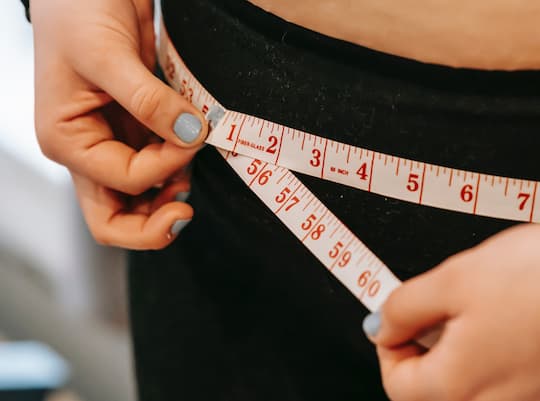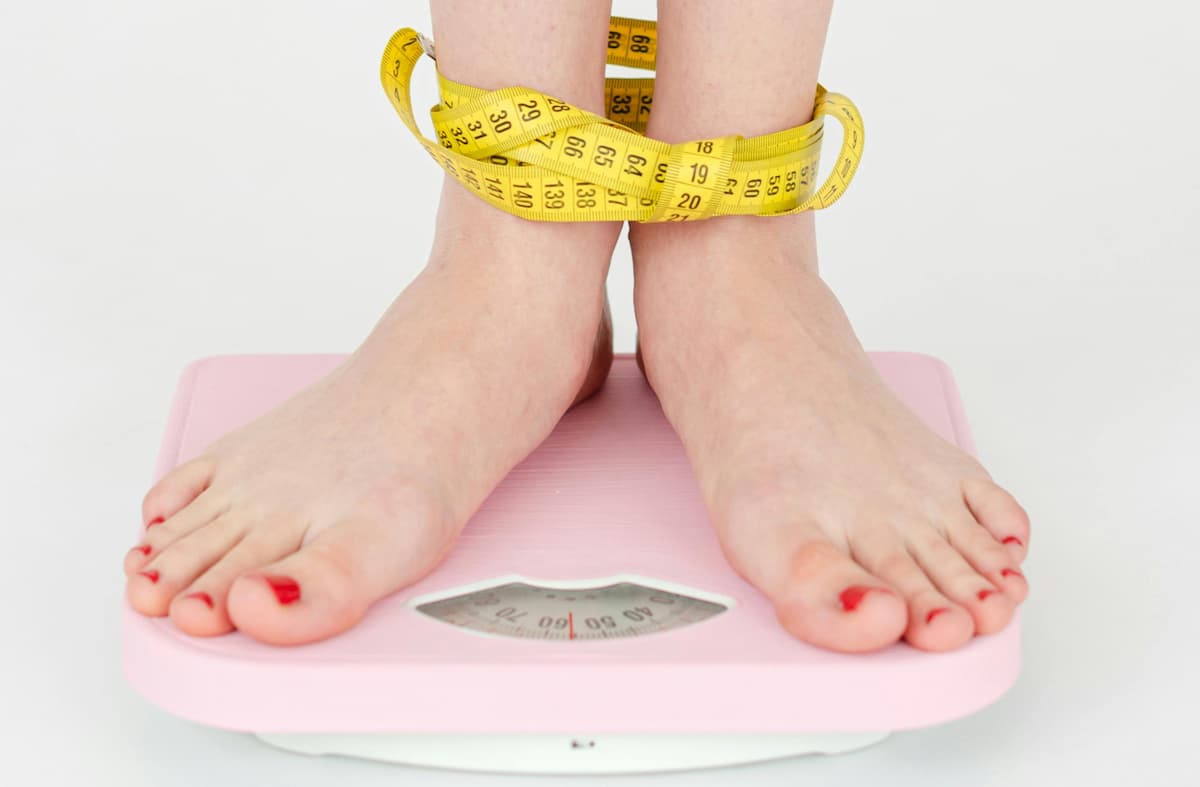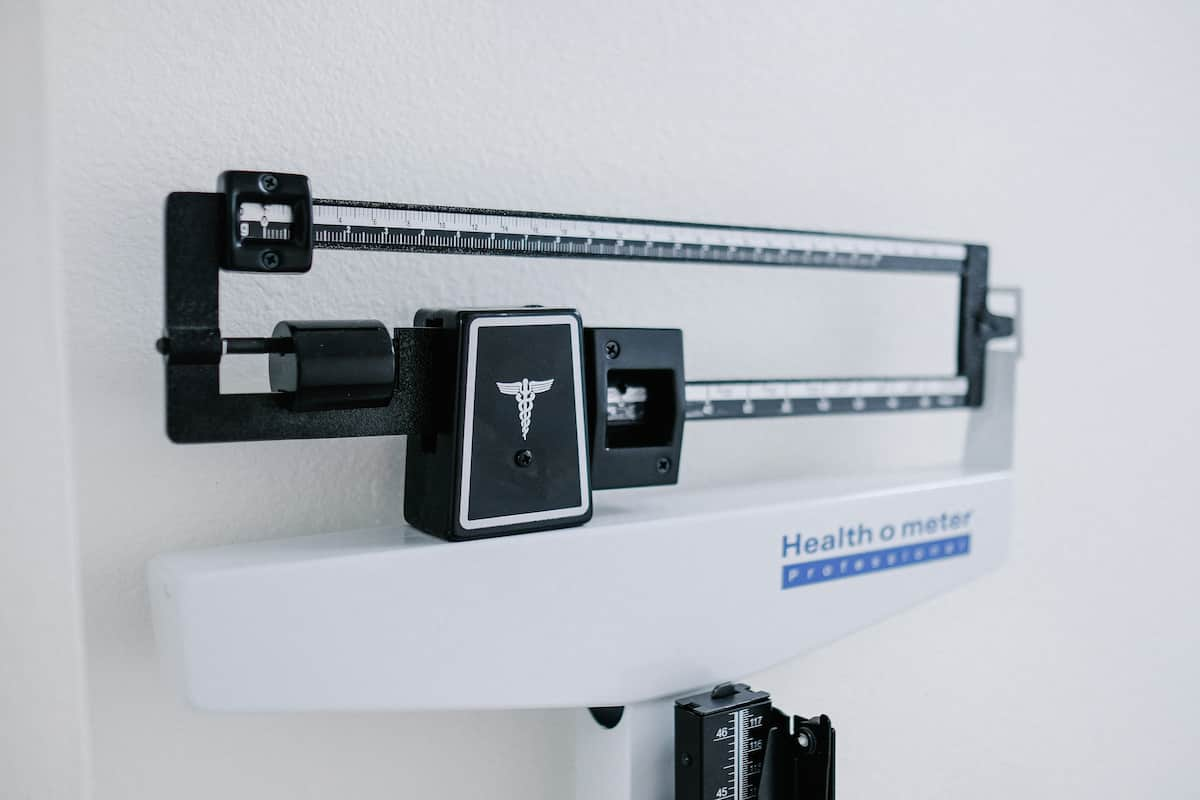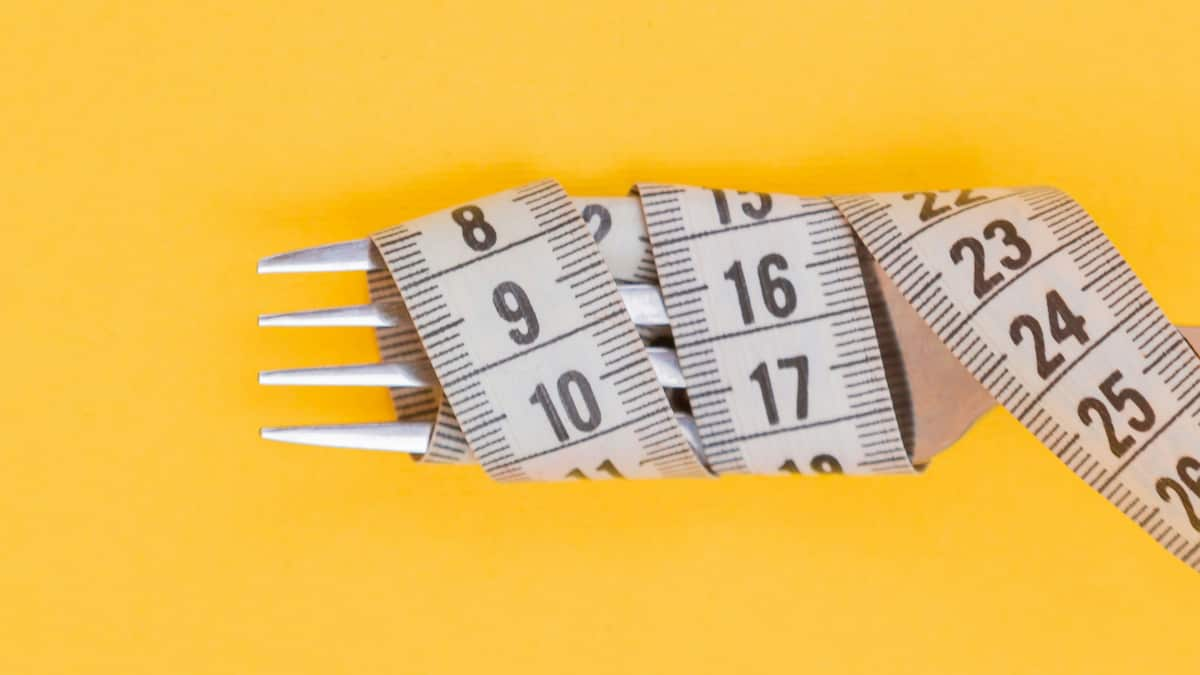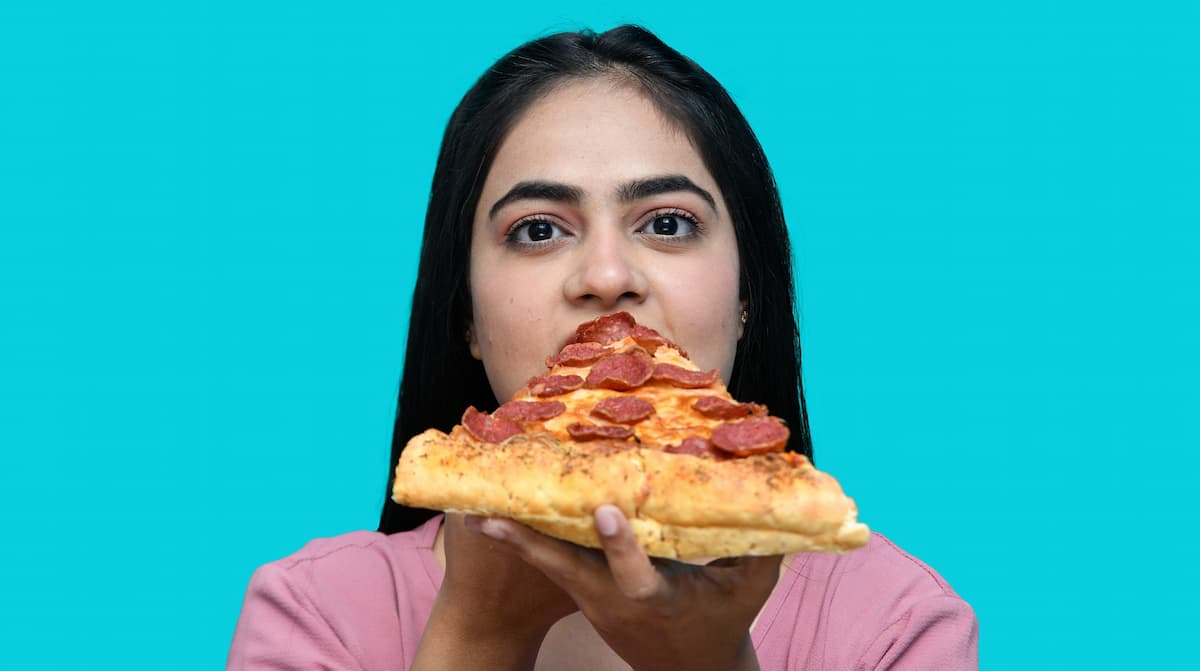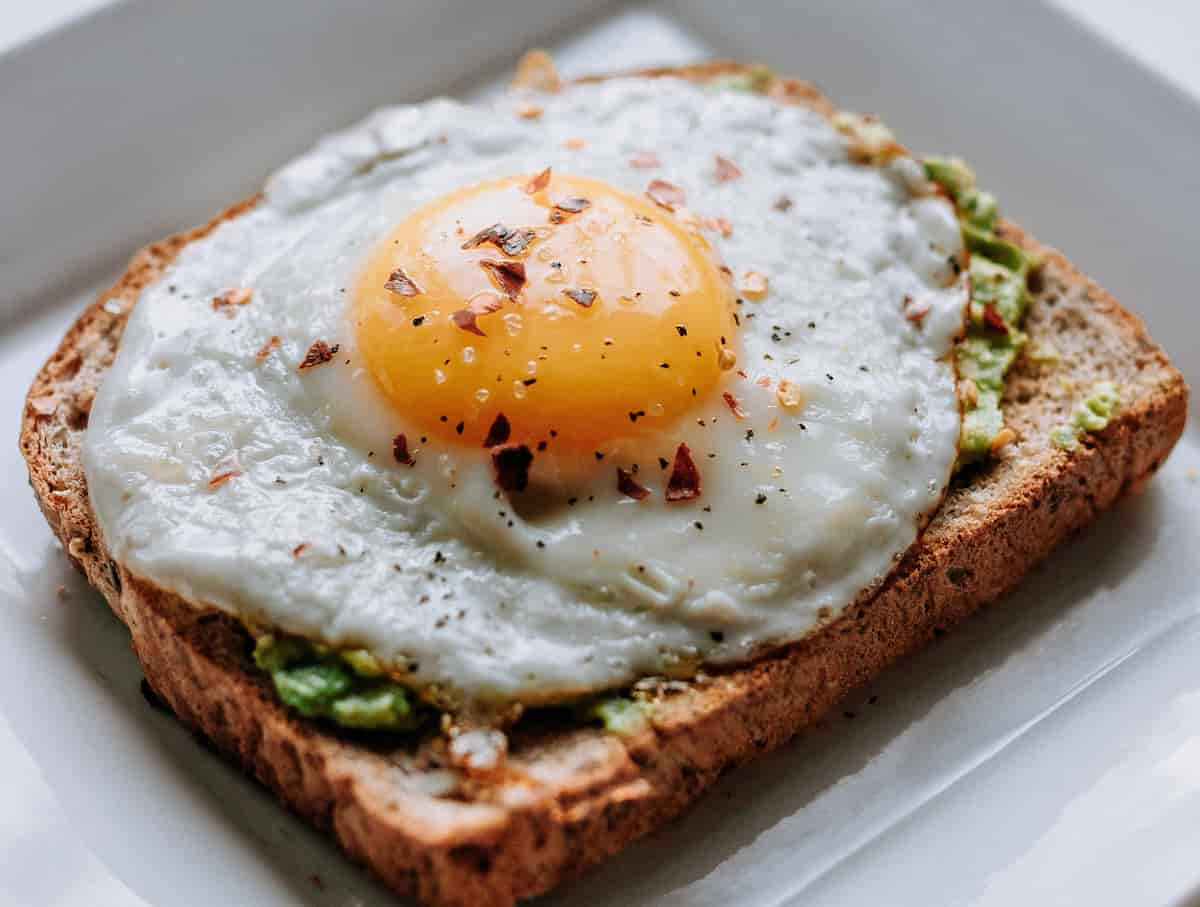The extract stimulates the “good” fat in the body, resulting in weight loss.
Mulberries may boost weight loss, research finds.
They can also lower blood pressure and decrease ‘bad’ cholesterol.
Mulberries contain a natural compound called rutin that activates brown fat and improves energy metabolism, the process of producing energy from food, helping boost weight loss.
Rutin is a compound found in many fruits and vegetables, especially in citrus fruits (citrus flavonoid).
Buckwheat, capers, raspberries, asparagus, tomatoes, plums, apricots, grapes, green tea and olives are also high in rutin.
A study used rutin extracted from mulberry to find out if this compound can reduce the fat in body cells.
They used obese mice for this study and fed them 1 mg/ml of rutin by adding it to their drinking water for 10 weeks.
Rutin treatment reduced body fat remarkably, increased calorie burning and lowered blood glucose levels.
Rutin can stimulate brown fat, a specific fat that gets activated when the body feels cold.
This good fat generates heat by burning energy to keep the body temperature under control during exposure to cold conditions.
Rutin has the ability to act as a cold mimetic by increasing the action of a protein coding gene in brown fat cells.
Moreover, rutin can produce brown-like (beige) fat in the innermost layer of skin that is made of fat and connective tissues.
Therefore, the increased activity of brown fat cells and formation of beige fat cells can be an effective way to fight obesity and its related disorders, such as diabetes and cardiovascular disease.
Dr Wanzhu Jin, study co-author, said:
“The beneficial effects of rutin on BAT-mediated metabolic improvement have evoked a substantial interest in the potential treatment for obesity and its related diseases, such as diabetes.
In line with this idea, discovery of more safe and effective BAT activators is desired to deal with obesity and its related diseases.”
Rutin is completely safe since it is used clinically for the treatment of capillary fragility (when the smallest blood vessels become weak) without showing any side effect.
In general, mulberry is high in antioxidants and flavonoids, providing many health benefits such as anti-cancer activity, an anti-inflammatory effect and lowering of blood sugar and cholesterol levels.
The study was published in The FASEB Journal (Yuan et al., 2016).
